Athens
This grimy semi-Levantine ancient city has its beauty spots, with childhood memories indelibly attached. There is a turn-of-the-century apartment building across the street from my house where in 1942 or ’43 I watched a daughter and wife scream in horror from their balcony as three nondescript assassins executed a man as he bent over to get into his chauffeur-driven car.
His name was Kalyvas and he was a minister in the Vichy-like Greek government of the time. He was bald and from my vantage point I saw the three red spots as the bullets entered his skull. His wife and daughter wore black from that day onwards. The daughter was a teenager — and a pretty blonde one at that. I was six and have never forgotten them or their screams of anguish. Last week I looked up at the third floor and it was all closed up. I wondered what has happened to the daughter. If she’s still alive she’d be in her late eighties.
Athens is full of ghosts for me. One is the greasy-haired man wearing a raincoat and carrying a rifle who someone killed from my house as he ran towards us in the black Christmas of 1944. He lay in the street for days. Was it my father, the policeman guarding us or the red-beret British paratrooper who crashed through our kitchen skylight later, shot dead? He was barely 18, according to my mother. And then there was the man dying of hunger lying close by, who we tried to help, my older brother and I, by putting a yoghurt underneath his chin. He never touched it. Fräulein said wistfully that we had wasted a yoghurt. And the priest who stole a small loaf of cheap bread at the height of the hunger and was chased down the street by the baker for it.
It’s funny how childhood images remain undimmed. I had a front-row seat when the wartime king, George II, died in 1947. There were thigh-high boots and even purple Prisoner of Zenda-like uniforms, all adding to the royal mystique.
Last week I looked at pictures on a menu from a royal wedding of 50 years previously, that of King Constantine and Queen Anne Marie, both then in their early twenties and by far the best-looking royal couple in the world. I was at a reception and dinner dance at the Royal Hellenic Yacht Club, overlooking Turkolimano, where 54 years earlier the King had returned in triumph after winning a gold medal in the 1960 Rome Olympics. There were European royals galore, two reigning queens and the uncle of King Abdullah of Jordan, who had to fly over Israel in order to attend.
There was a great orchestra, which played haunting old Greek tunes that only added to my nostalgic memories of Athens and the sweetness of life in one of Europe’s most romantic cities. No longer, and yet there are snatches of that ‘douceur’ when dancing under the stars at the yacht club overlooking Phaleron Bay. The Queen gave a wonderful speech in impeccable Greek, noting the extreme happiness of these 50 years, plus the heartbreaks, and her five children read their father’s speech, as I suspect King Constantine gets emotional when speaking of the country he so loves — one that has treated him so shabbily.
For starters, most members of Balkan royalty — including those in Bulgaria, Romania and Serbia — have had their properties and palaces returned and are treated with great respect. In my country, royal properties that have been paid for with their own funds have been expropriated without compensation by the crooks that rule the Olive Republic of Hellas.
I know Constantine well, but cannot figure him out. At times his expression shows the imperishable pain that his destiny has forced upon him. Losing the throne of Greece is not like losing that of, say, Albania. But he never mentions his sadness, never hints at what might be going through his mind. He always insists that being in Greece is the only thing that makes him happy, his family apart. He lives under the strictures of royalty without the privileges. He remains an enigmatic character — to me, at least — because, although he does not have a compulsion to connect with people, and can even be distant, he does connect, especially with poor Greeks, which accounts for the power of monarchy. Neither he nor his three sons possess the macho primitivism of Prince Harry, but then why should they? They’re born far more royal than any one of their Brit cousins, and then some, if one needs to dot the i’s.
Athenian democracy was the first ever. It emerged in 507 BC after the last tyrant, Hippias, was thrown out. Once tyranny had been abolished, the fear of wise men was that power would revert to the rich that had opposed Hippias. Enter Cleisthenes, who had a stroke of genius. In the words of Herodotus, ‘he took the people into partnership.’
The system worked for close to 2,000 years and spread across the West. It’s now about to disappear again, with bureaucrats and special interests replacing the demos. King Constantine had great powers in Greece, and voluntarily gave them up after he moved militarily against the colonels in 1967. Successive politicians have been sure to steal from the royal family and to keep the people from embracing the monarchy. The media have been the enforcers. All I can say is how much better off we’d be if the monarchy were restored. At least our head of state could exchange ideas with his counterparts without using only his hands.
Got something to add? Join the discussion and comment below.
Get 10 issues for just $10
Subscribe to The Spectator Australia today for the next 10 magazine issues, plus full online access, for just $10.
You might disagree with half of it, but you’ll enjoy reading all of it. Try your first month for free, then just $2 a week for the remainder of your first year.


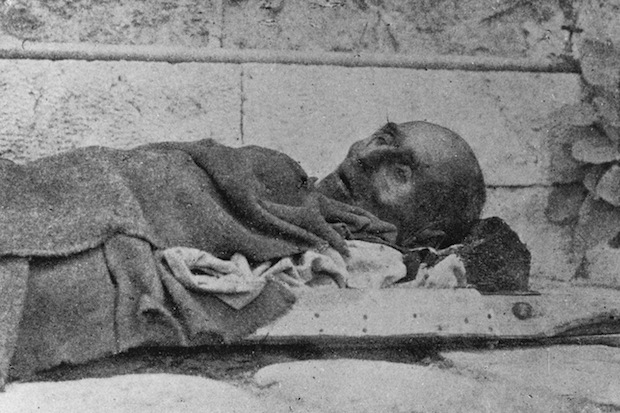
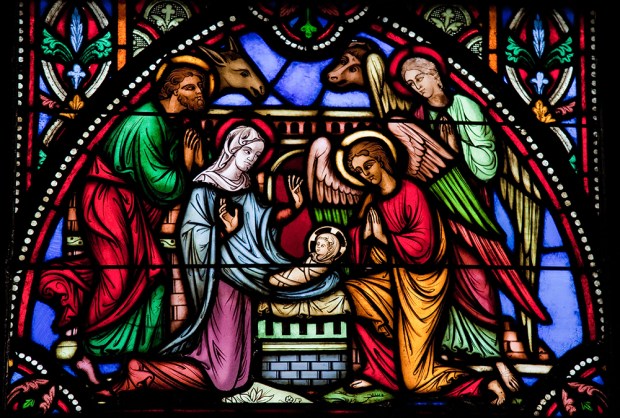
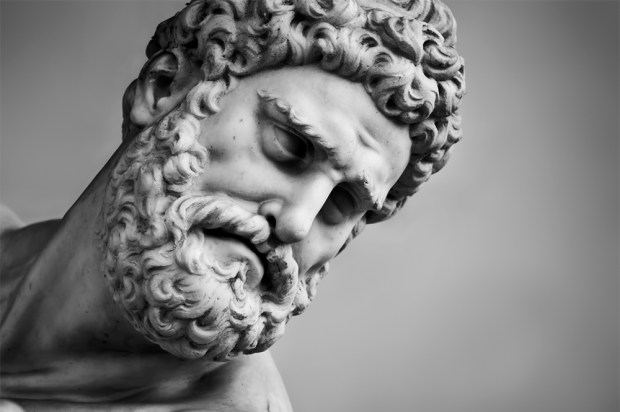
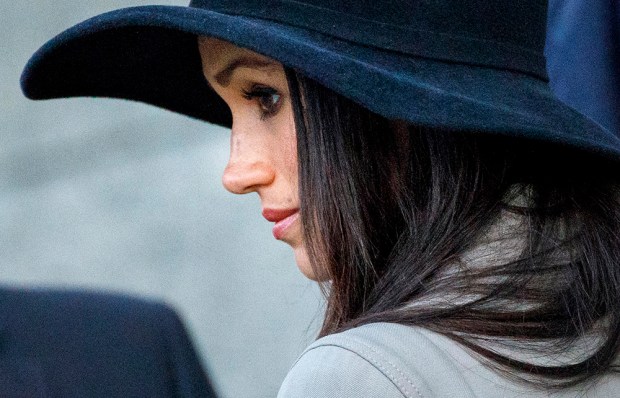
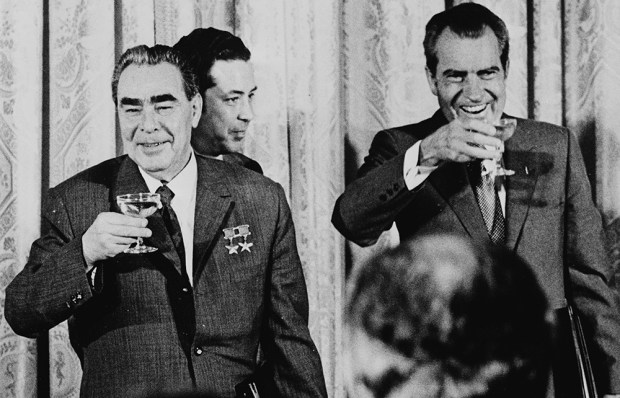
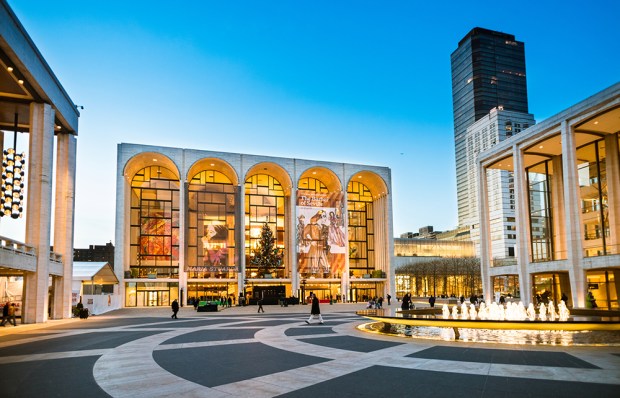
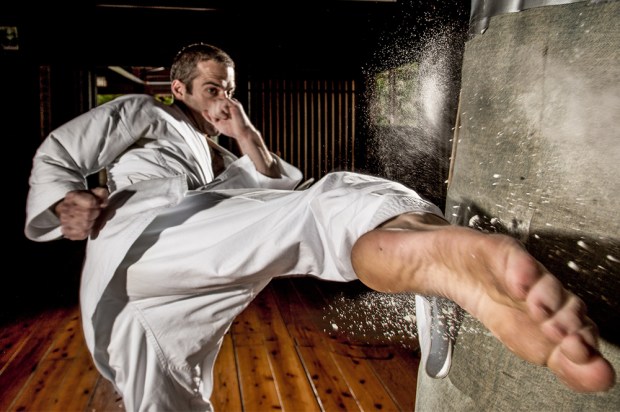






Comments
Don't miss out
Join the conversation with other Spectator Australia readers. Subscribe to leave a comment.
SUBSCRIBEAlready a subscriber? Log in